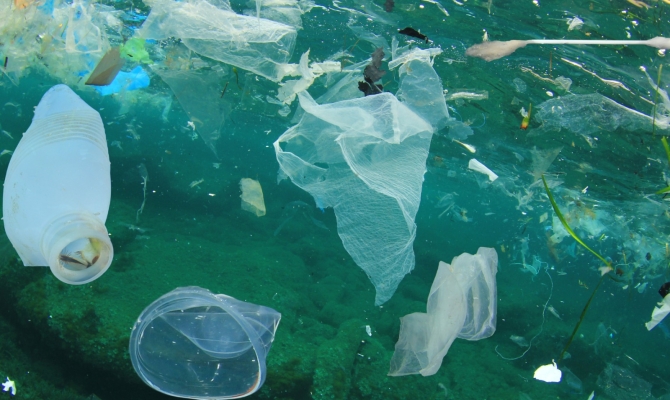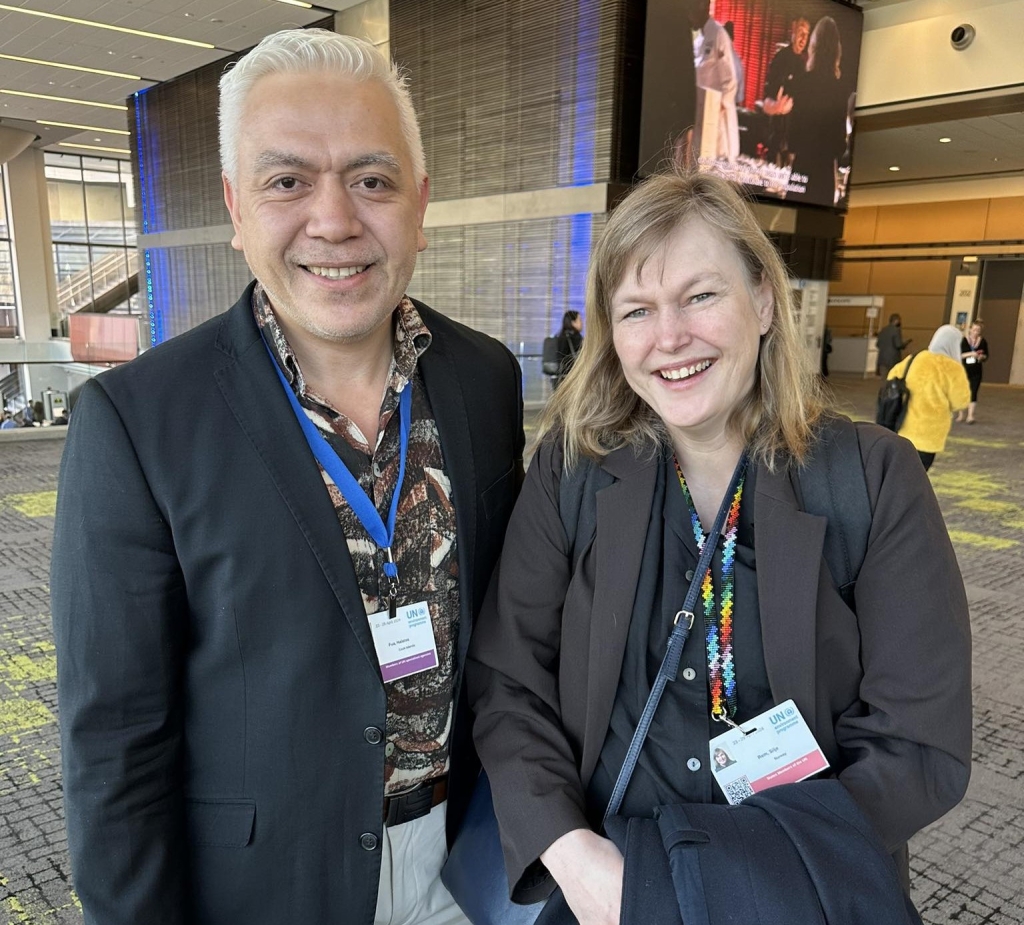
26 April 29024, Ottawa Canada - The Cook Islands, a large ocean island state is making her mighty voice heard at the Plastics Treaty negotiations now underway. The island nation, with Rwanda, has co-sponsored a proposal by Norway on how to address chemicals of concern used in plastic production.
Over 170 member states are tasked with developing a legally binding instrument to address plastic pollution including in the marine environment by the end of 2024 across five main sessions. These are known as the Intergovernmental Negotiation Committee sessions for which the fourth session is now underway in Ottawa.
The Cook Islands is calling for the treaty to address the full life cycle of plastics, including the types of chemicals that make up plastics for which approximately 16,000 chemicals are used to plastic. Only 6 per cent of these are subject to global regulations and at least 4,200 of these are “highly hazardous” to our human health and the environment.

Norway, the Cook Islands and Rwanda have a proposal on the table at the INC4 which establishes a criterion for how we can regulate chemicals and polymers of concern in this treaty. This proposal makes the start towards putting something on the table to work with.
While there is support for this proposal, there is also resistance.
Halatoa Fua, Head of the Cook Islands delegation at INC-4 stated, “There are diverging views on a set of global rules versus a nationally driver approach. For Small Islands Developing States, we have limited capacity to analyse chemical composition at the border, hence we agree that a set of global rules are appropriate for us. Our ability to address this at the upstream stage will minimise costs in the downstream stage or waste management.”
Business as usual for plastic production will result in more plastic in the ocean than fish by the year 2050, and for the Pacific whereby plastic pollution is a transboundary concern, this new legally binding instrument must be ambitious.
Compromise is now being sought to forge a way forward to develop a legally binding instrument that will reflect the concerns of over 170 member states.
“Plastic pollution is a globally connected product, and its waste is transboundary, meaning that some of this waste drifts from other regions into our oceans.” said Mr Fua.
“While we have provided a list of chemicals to be eliminated, and a second list to be phased down depending on the hazardous criteria. The proposal from Norway, Cook Islands and Rwanda provides an indicative list to start and strengthen the provisions on chemicals and polyers of concern.”
This proposal outlines the hazard criteria to identify chemicals of concern to human health and/or the environment in plastics and to provide the basis for listing either for elimination, or for avoidance and minimisation.
The fourth Intergovernmental Negotiating Committee to develop an international legally binding instrument on plastic pollution, including in the marine environment is taking place in Ottawa, Canada, from 23-29 April 2024.
The Pacific Islands are represented by the Cook Islands, Federated States of Micronesia, Fiji, Kiribati, Marshall Islands, Nauru, Niue, Palau, Papua New Guinea, Samoa, Solomon Islands, Tonga, Tuvalu and Vanuatu through the support of the Government of Australia and the United Nations.
They are supported by the Secretariat of the Pacific Regional Environment Programme (SPREP), working with partners the Pacific Islands Forum Secretariat (PIFS), Office of the Pacific Ocean Commissioner (OPOC), The Pacific Community (SPC), Forum Fisheries Agency (FFA), Environmental Investigation Agency (EIA), Centre for International Environmental Law (CIEL), University of Wollongong, WWF and Massey University.
For more information, visit: https://www.unep.org/inc-plastic-pollution/session-4